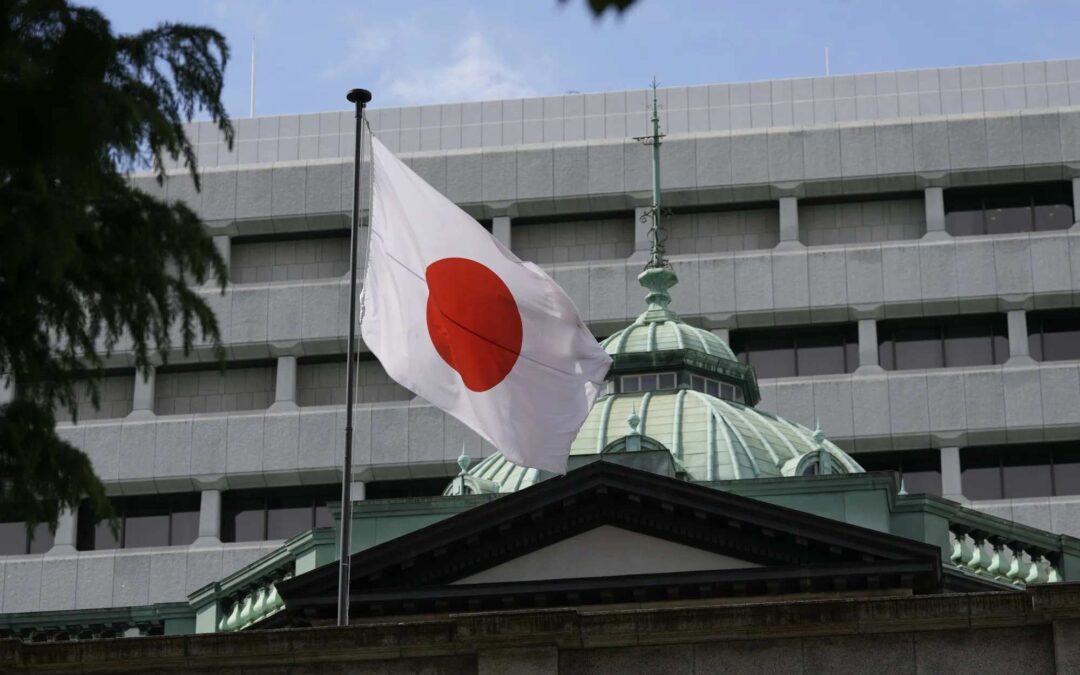Japan’s Financial Services Agency (FSA) is considering a landmark reform that could allow local banks to hold and trade digital assets such as Bitcoin and Ethereum. According to Yomiuri Shimbun, the change would treat cryptocurrencies much like traditional securities stocks and bonds under stricter supervision to maintain financial stability.
This potential shift marks a significant departure from Japan’s 2020 guidelines, which barred banks from acquiring cryptocurrencies due to volatility risks. Frankly, it’s about time. Japan has been a pioneer in digital finance but has often been too cautious when it comes to crypto innovation.
The upcoming Financial Services Council meeting, an advisory body to the Prime Minister, will review the proposal. If approved, it could mark the beginning of a new financial era for Japan’s banks and investors alike.
Inside the Proposed Reform
The FSA’s proposal aims to update outdated supervisory rules and integrate crypto into Japan’s financial ecosystem. Banks would be allowed to hold and trade digital assets as part of their investment portfolios initially with strict exposure limits, possibly around 1–5%.
To ensure stability, banks must maintain capital buffers, conduct stress testing for price swings, and follow stringent “financial soundness rules.” Essentially, Japan wants innovation without chaos a balanced approach that feels prudent given the country’s fragile debt environment.
In addition, banking groups could register as “crypto asset exchange operators.” This would allow them to offer customers direct crypto trading and custody services, much like traditional brokerage accounts. That’s a big step one that could finally merge crypto with Japan’s mainstream financial system.
Why This Matters Now
Japan’s renewed openness to crypto comes at a critical economic moment. The country faces a daunting debt-to-GDP ratio of 240%, one of the highest in the world. With limited room to raise rates, policymakers may rely on financial innovation and perhaps mild inflation to manage debt pressures.
In this climate, cryptocurrencies could serve as alternative assets for both banks and individuals seeking protection from prolonged financial repression. Interestingly, the FSA’s shift mirrors global moves, such as the U.S. approval of Bitcoin ETFs and Europe’s MiCA framework, signaling that Japan wants to stay competitive in the rapidly evolving digital finance space.
The numbers speak for themselves: Japan now has over 12 million crypto accounts a 3.5x surge in five years and trading volumes are up 120% in 2025. Retail adoption is strong, and institutional players like Nomura are already launching crypto products. This reform could unlock billions in institutional capital and improve market liquidity.
Market Buzz and Investor Sentiment
Crypto markets quickly reacted to the Yomiuri report, with Bitcoin rising around 2–3% following the news. On X (formerly Twitter), hashtags like #Bitcoin, #CryptoAdoption, and #JapanFSA trended as traders and analysts weighed in.
Some, like @LDNCryptoClub, called it “a major step toward mainstream adoption,” while others predicted that “institutional capital will finally flow.” Personally, I think they might be right credibility from major banks could push crypto further into the financial mainstream.
However, risks remain. Volatility could still rattle balance sheets, and regulatory delays might slow progress. Yet Japan’s cautious optimism seems warranted. By balancing innovation with stability, the country could once again lead Asia in responsible crypto adoption.
The Bottom Line
If Japan approves the reform, it won’t just be a domestic milestone it could reshape how the world views institutional crypto adoption. The FSA’s move might help legitimize Bitcoin as a long-term asset class, bridging the gap between traditional finance and the digital economy.
Yes, uncertainty lingers. But given Japan’s track record of turning challenges into opportunities, this reform could signal the start of something much bigger.
Written By Fazal Ul Vahab C H

